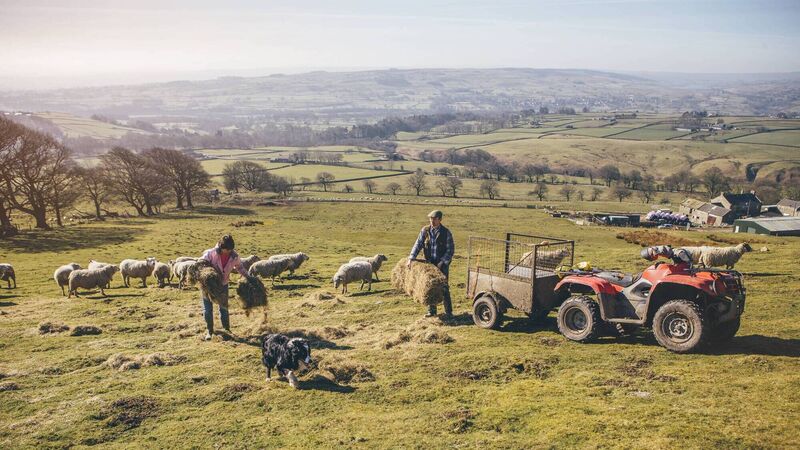Agri Month: Tackling the 'Pension Gap' challenge for farmers

The generational renewal challenge is highlighted by some stark statistics.
How the next generation of farmers will continue the family business presents a major challenge for the agricultural industry.
The agricultural industry needs to develop sustainable and profitable farm enterprises which are attractive for younger farmers to take over, while at the same time creating the circumstances which allow older farmers to retire with adequate retirement income. Otherwise, farmers will have to continue farming into their later years, or liquidate farm assets, to have adequate income in their old age; consequently, the transfer of farms to the next generation will be delayed.











